The report ‘Voices from confinement and occupation’ drafted by the ODHE explains the impact of the Covid-19 crisis in Palestine and Western Sahara.
The United Nations’ Secretary General already mentioned that Covid19 would have a stronger impact on the most vulnerable groups. In this report, published by the Observatory on Business and Human Rights in the Mediterranean, analyses the impact on the population that already suffers the consequences of a military and political occupation.
Palestine since 1965 and Western Sahara since 1975 are territories that are living under a system of occupation and control that has been denounced on many occasions by international organisations for violating human rights. The report that’s been presented shows that the Covid crisis has led to a worrying deterioration of the living conditions of the population living in these territories.
In both these cases, the areas that are subject to a perimeter confinement are now living in double isolation.
Western Sahara: confined in confinement
The Moroccan State implemented a general confinement on 20 March 2020 and declared the state of emergency with the aim of protecting public health. With this also came sanctions and prison terms of up to three months for anyone who breached these measures. According to witnesses included in the report, the Covid19 pandemic and the measures and sanctions approved have been used as an excuse to increase repression on Sahrawi activists and human rights defenders.
According to the analysis, the population of Western Sahara living in liberated territory, refugee camps, occupied territories and Moroccans is particularly exposed to becoming infected with Covid. Limited access to healthcare resources, a lack of medical care and healthcare infrastructure in the region, as well as the climate conditions make it very difficult to implement the necessary hygiene measures to avoid spreading the virus.
According to Minetu Larabas, the Secretary General of the National Union of Sahrawi Women, the situation in refugee camps is very tough: “If before we were isolated internationally, there was still the possibility of receiving some international visits. Currently everything is stopped, nobody comes here and nobody can leave”.
Palestine, checkpoints and video-surveillance against the virus
The infamous Israeli security industry hasn’t stopped with Covid, it increased its activity in the area. According to the witness provided by Palestinian activists more cameras to monitor the Palestinian population and discriminatory measures have been used to punish any breach of the health measures.
The reality on the occupied territories under Israeli control hampers and impedes an institutional reaction from the Palestinian authorities to avoid the spreading of the virus. According to International Humanitarian Law Israel, as an occupying power, must provide the population with primary healthcare and housing but, according to experts, it is not doing this and is causing the Palestinian healthcare system to rely on international aid.
Not only is the Israeli Government failing to guarantee basic rights, but also the policy of expelling Palestinian population by demolishing their homes, which hasn’t stopped during lockdown.
Another highlight in the report is the role of checkpoints in denying access to healthcare and work for Palestinian population. During the pandemic, the Israeli Government implemented some changes in labour legislation and in the conditions of Palestinian workers working in Israeli territory, forcing them to remain on Israeli soil after the end of their workday to comply with health measures. This forced many workers to sleep away from their homes, in very precarious situations and with no protection whatsoever.
As always, the Gaza strip is the most punished by the aforementioned measures, with bombarding, blocking of supplies and power cuts that have had a negative impact on hospital healthcare.
In light of this situation the report concludes that international action is needed to denounce the violation of fundamental rights under the pretext of the pandemic. The recommendations from the UNHCR is that “declaring the state of emergency during the Covid19 crisis must not be used as an excuse for repressive action with the pretext of protecting health”.
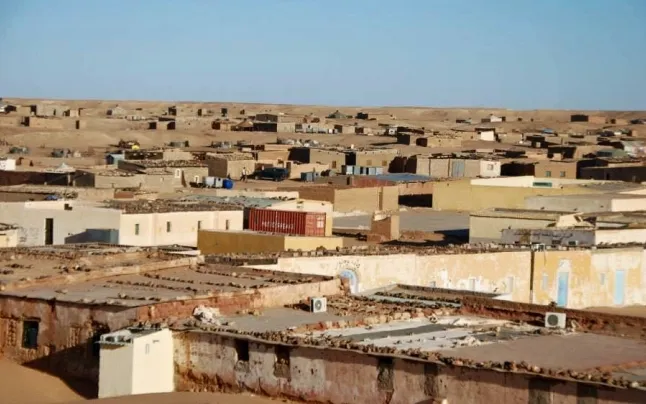


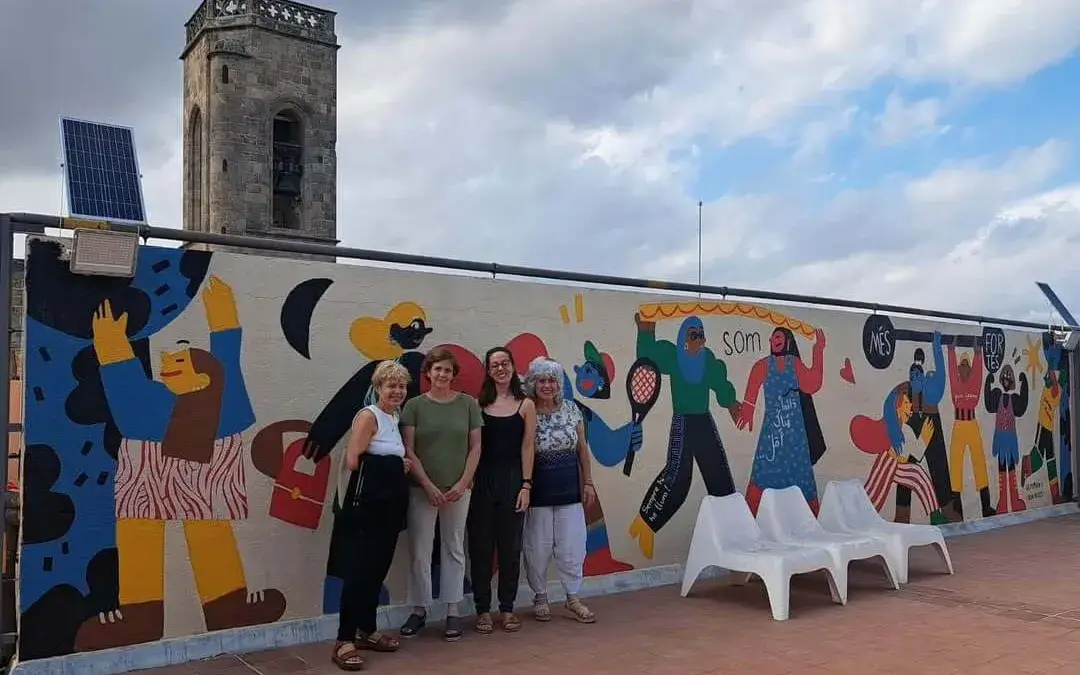
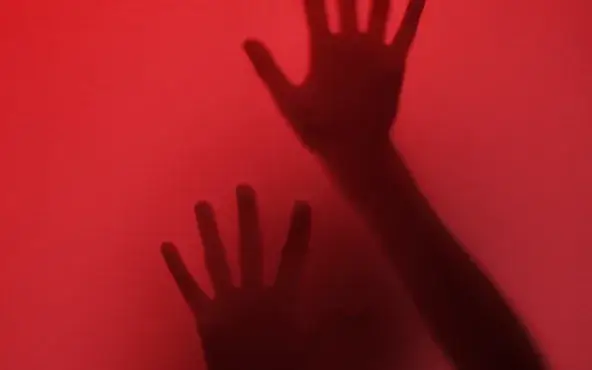
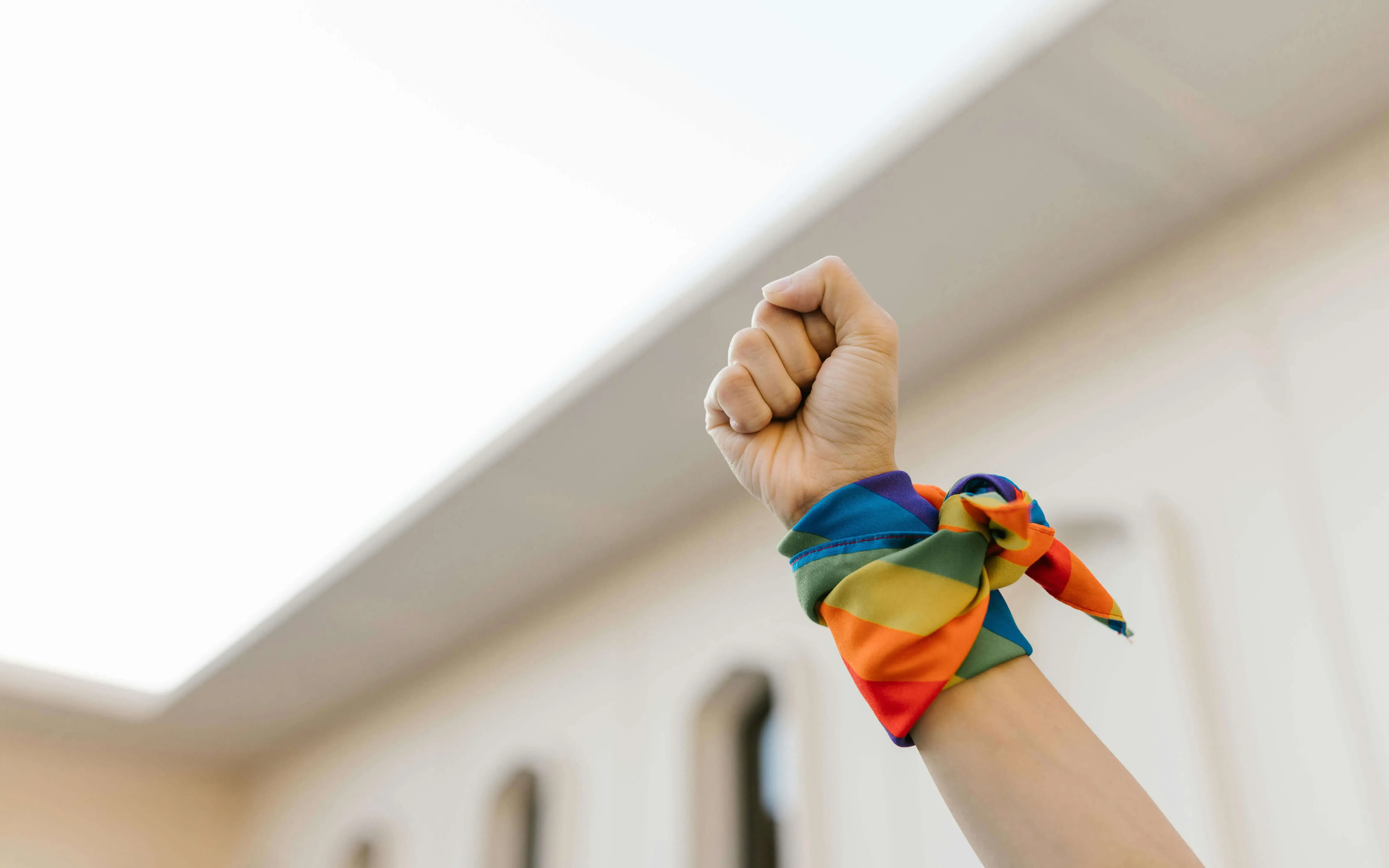
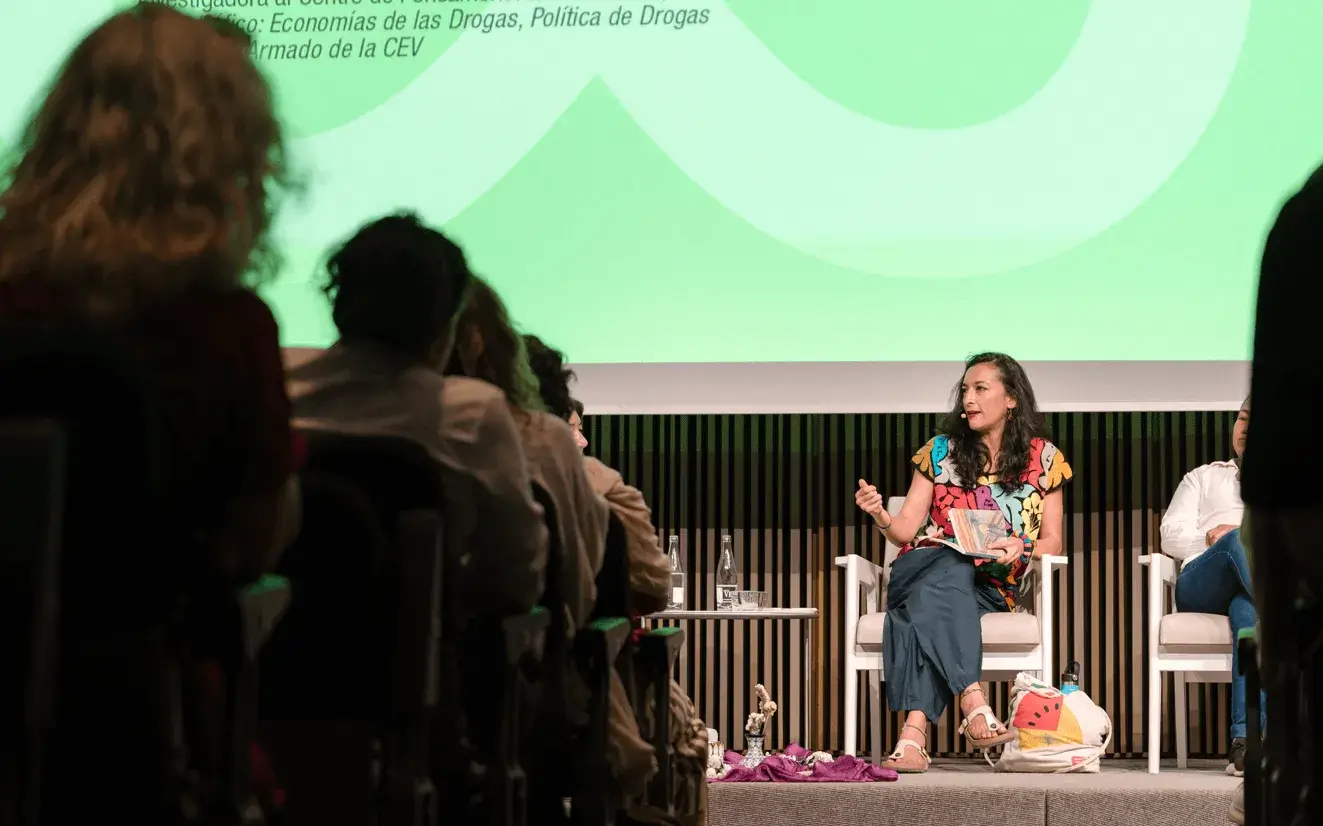
Add new comment